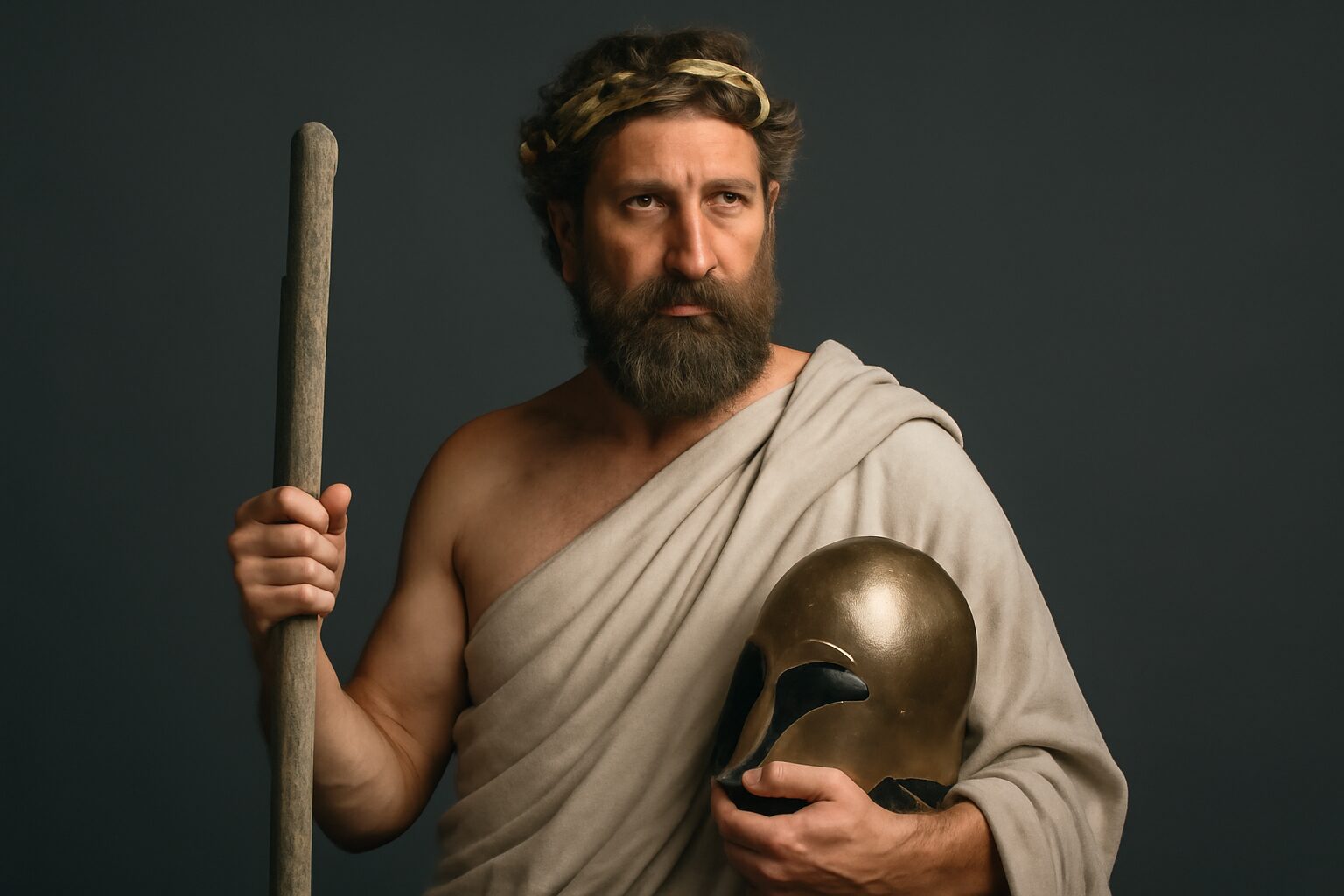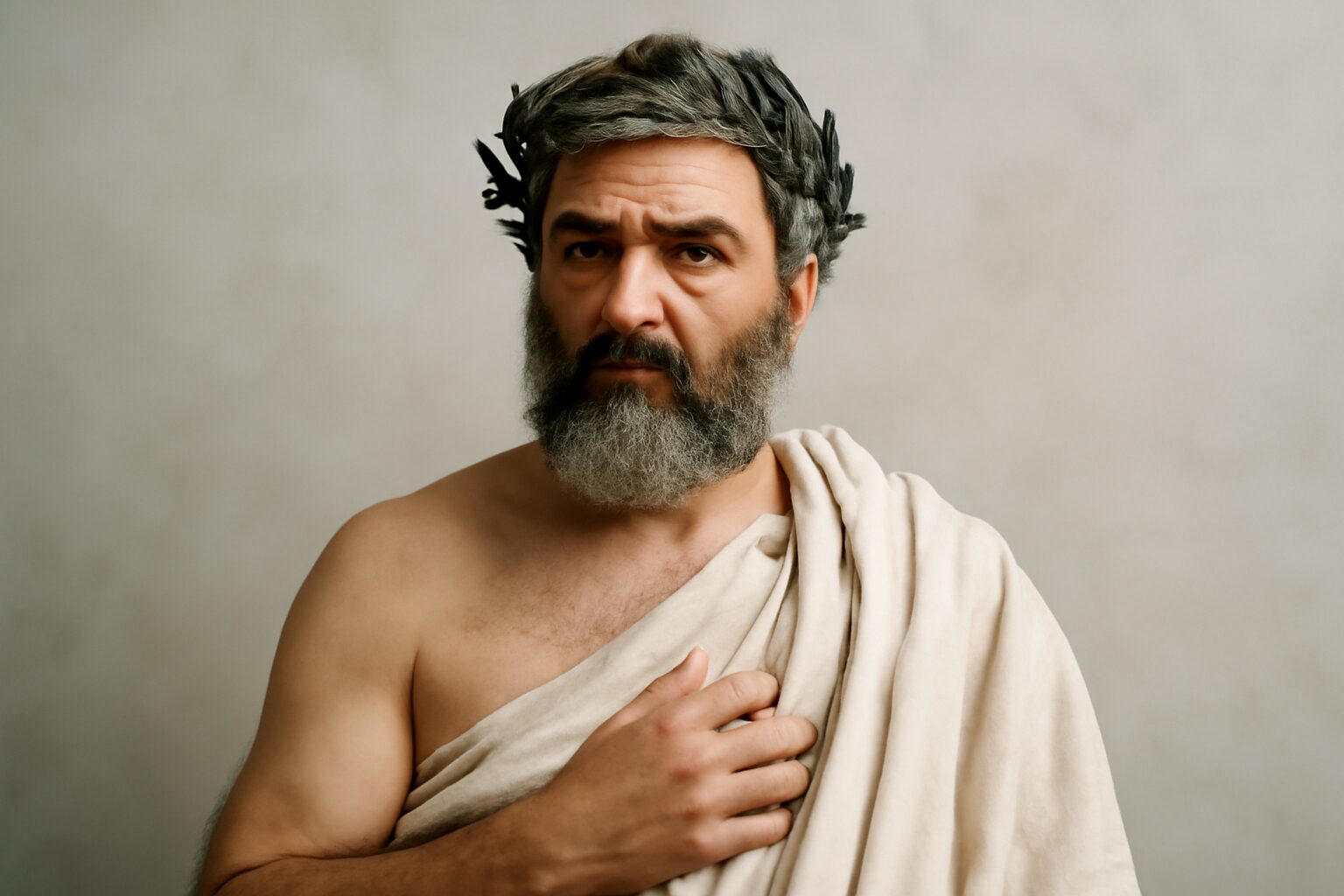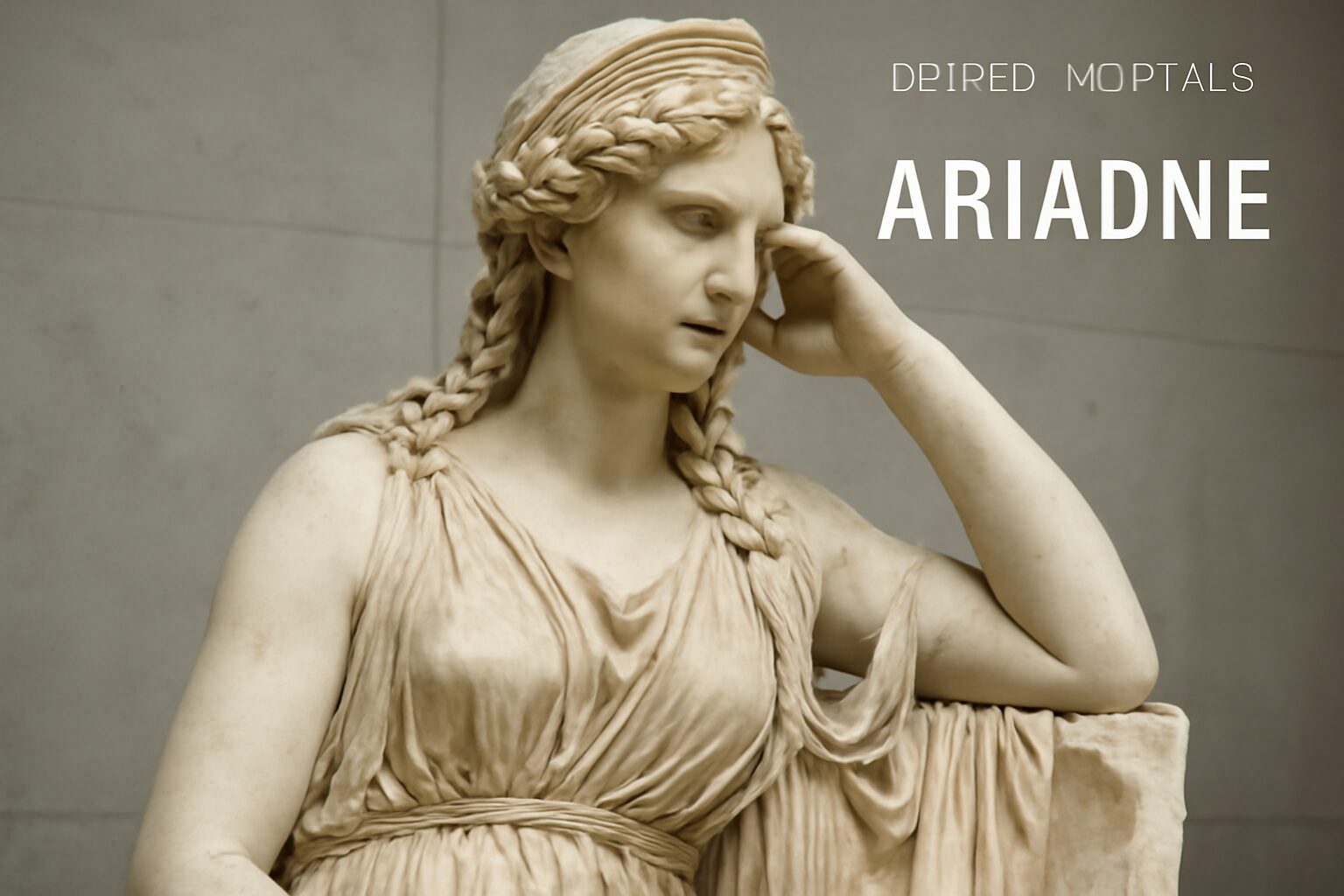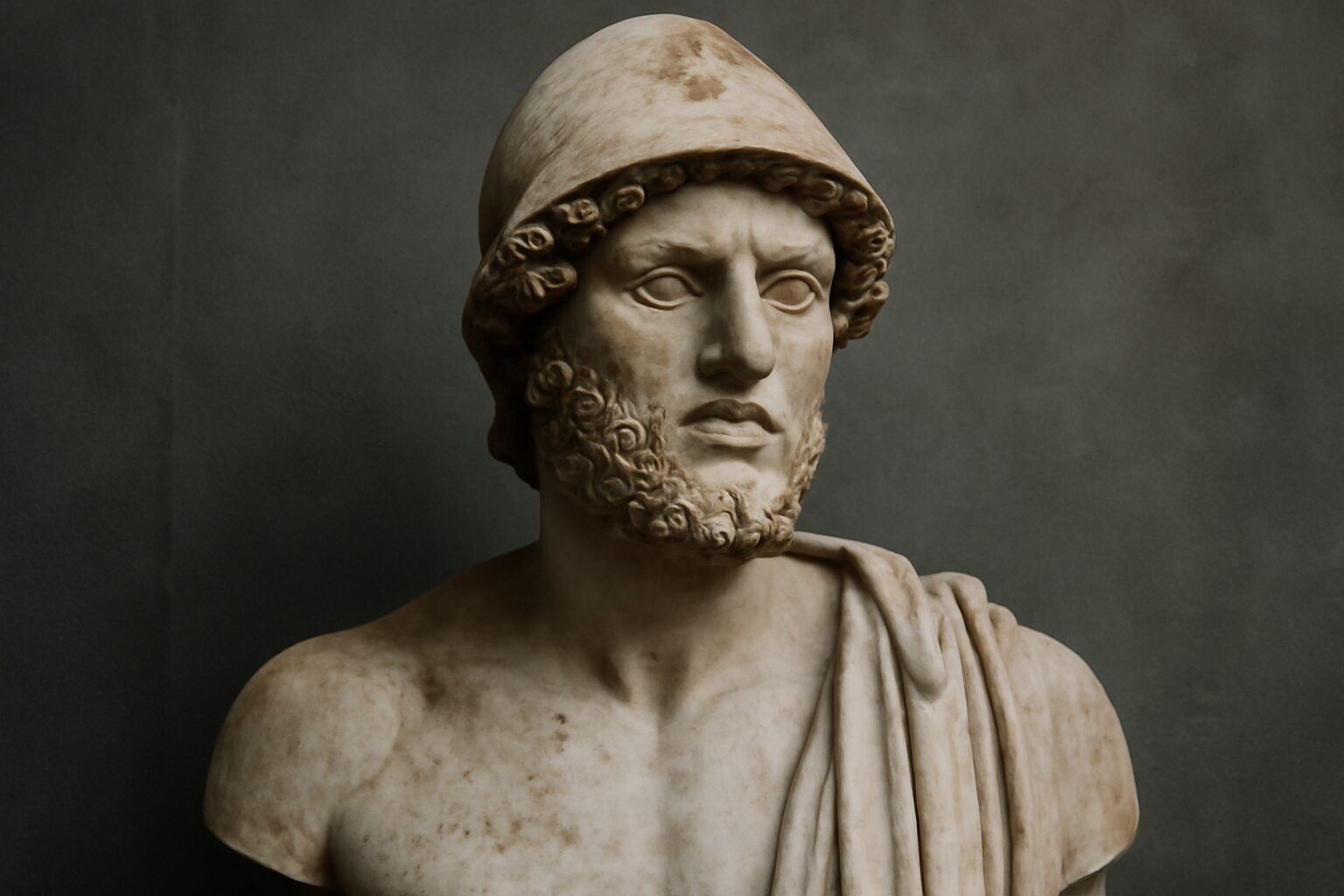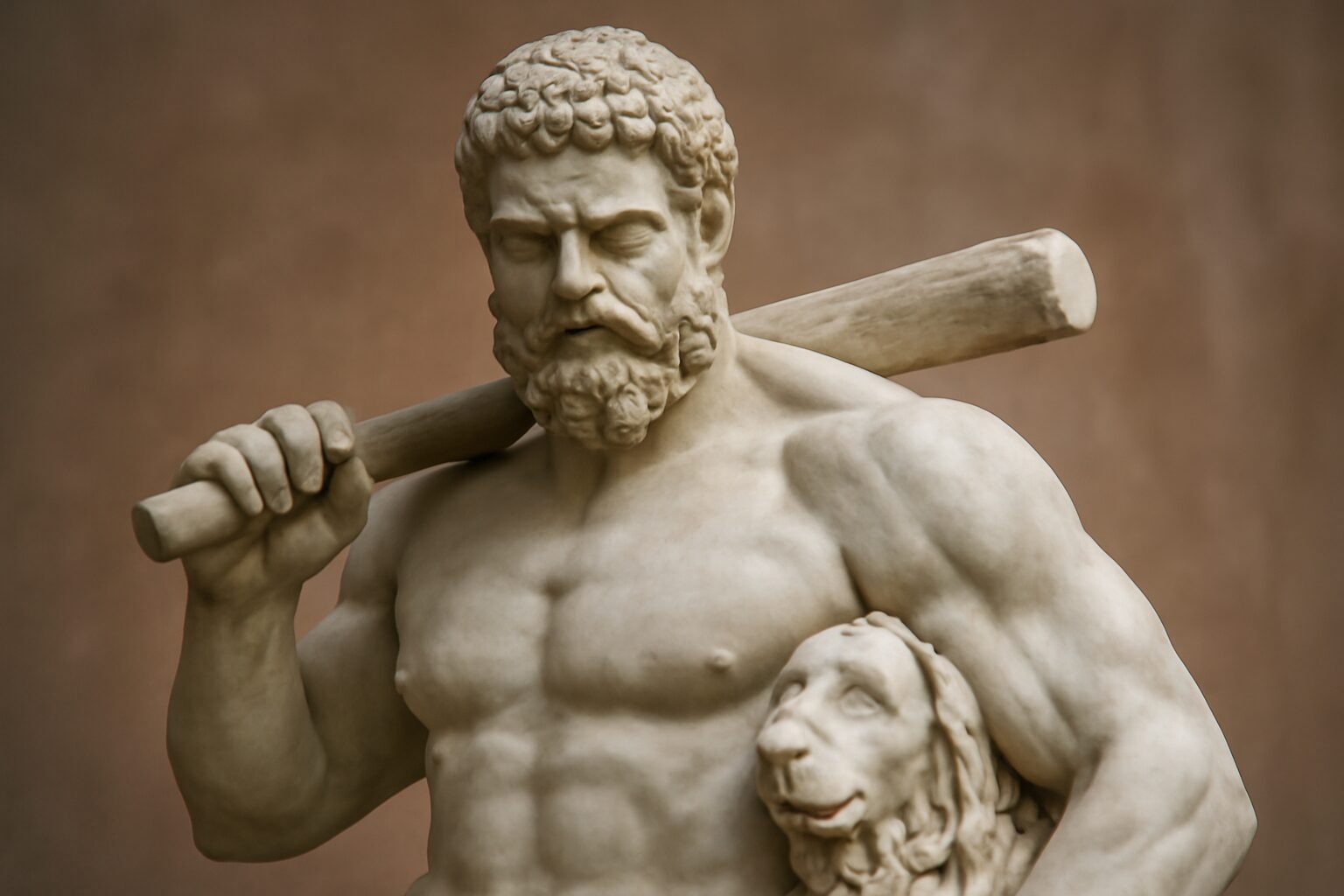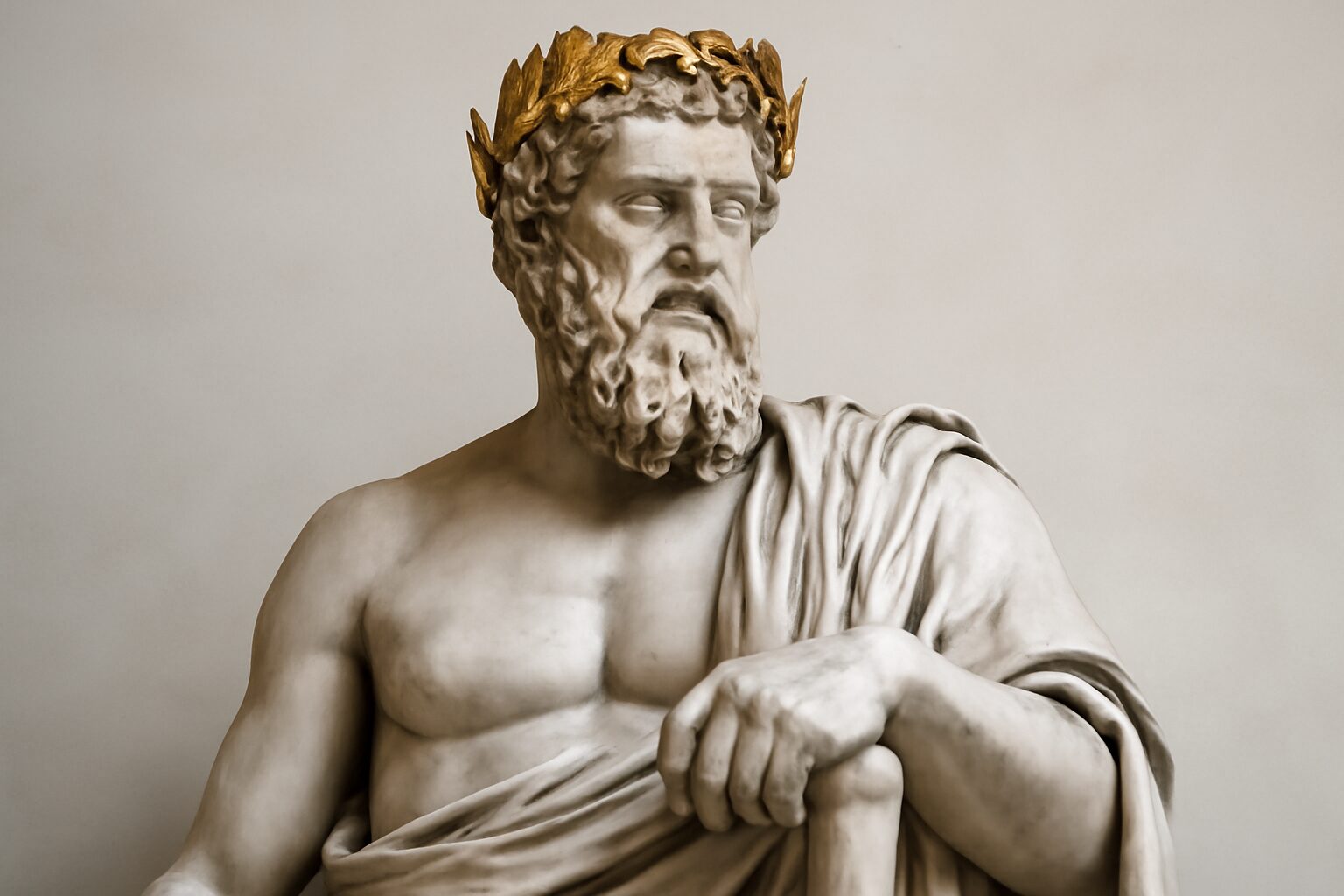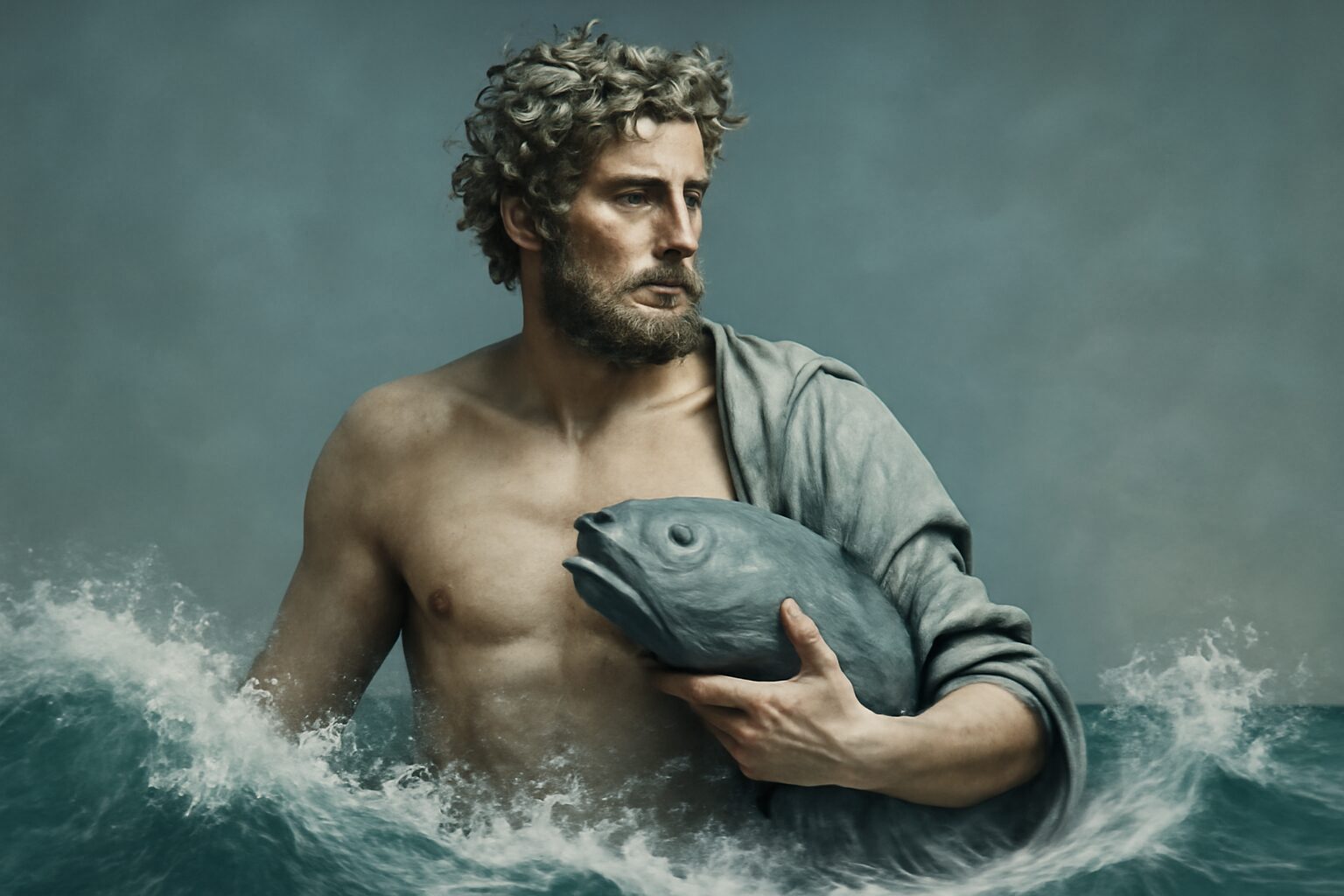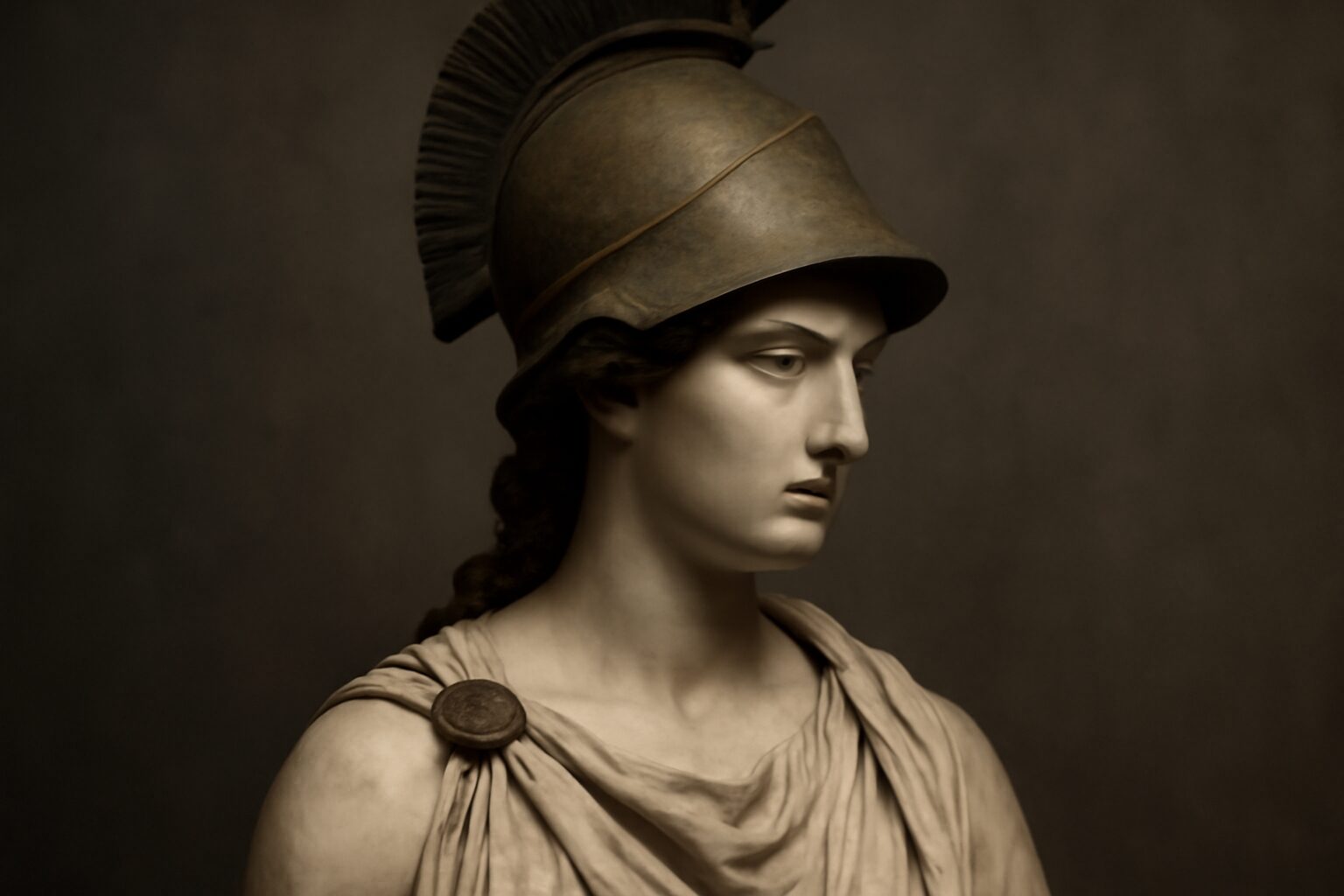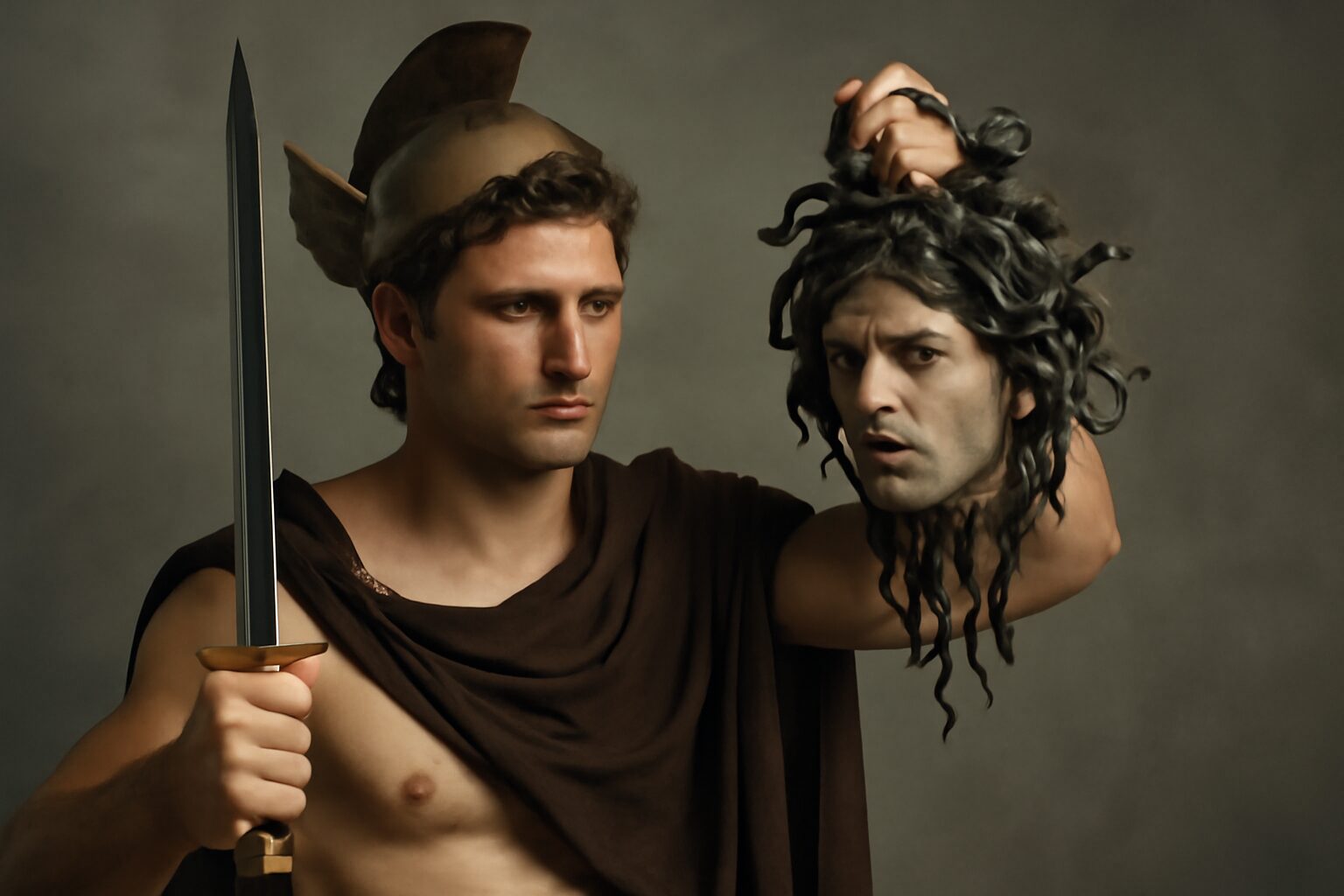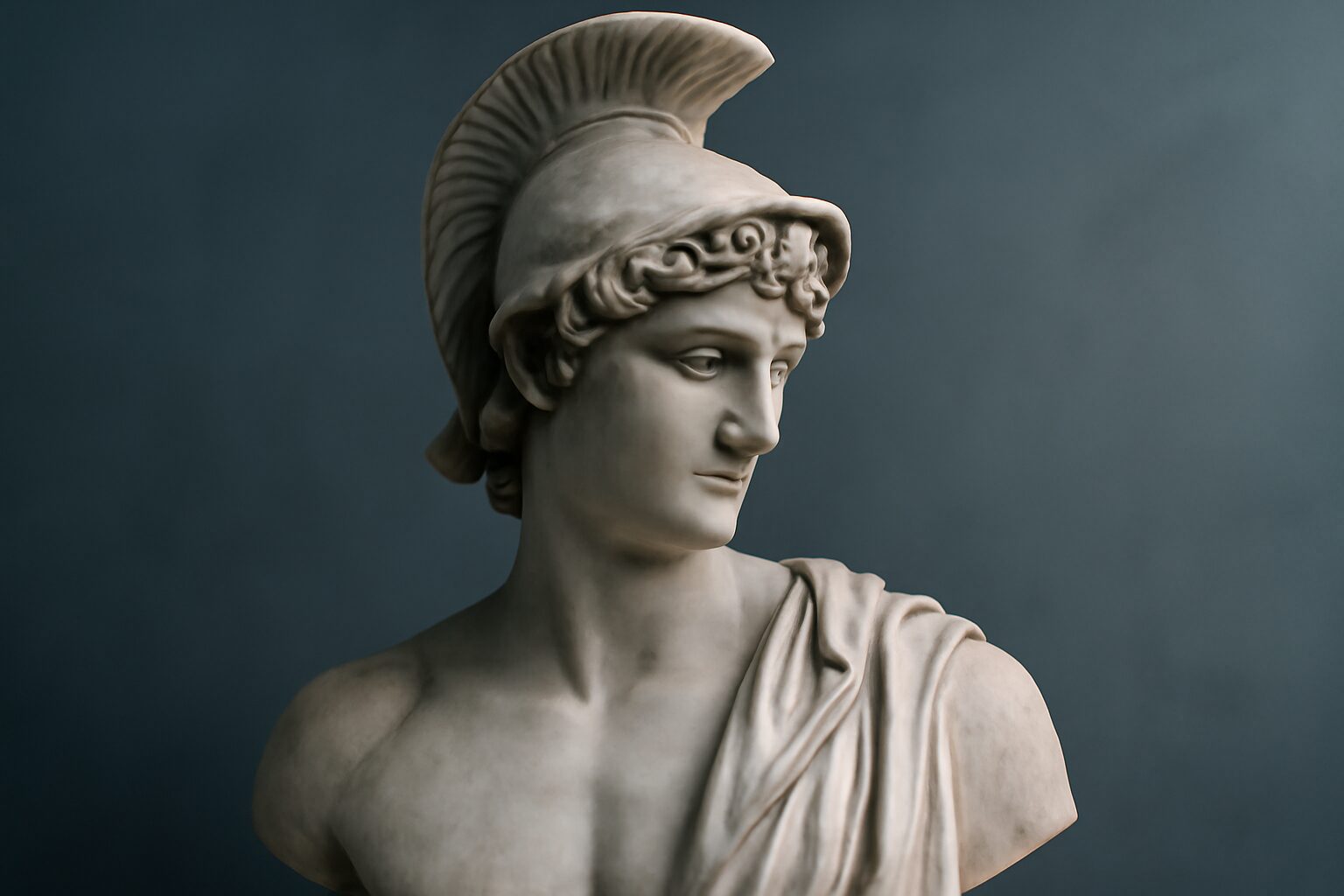Amphiaraus: The Seer Who Foresaw His Own Doom
In Greek mythology, Amphiaraus was a revered seer and warrior, known for his prophetic abilities and tragic fate. A descendant of the legendary seer Melampus, he was both a king of Argos and a participant in the famous Seven Against Thebes expedition—a doomed campaign that he foresaw but could not avoid.
Powers and Abilities
Amphiaraus was gifted with extraordinary foresight, a power granted by Apollo, the god of prophecy. His visions were said to be infallible, earning him immense respect among mortals and gods alike. Unlike many seers in myth, his prophecies were not cryptic but clear and direct, though they often went unheeded. His abilities extended beyond mere prophecy—he was also a formidable warrior, skilled in both strategy and combat.
The Tragic Role in the Seven Against Thebes
Despite knowing the expedition would end in disaster, Amphiaraus was compelled to join the attack on Thebes due to an oath sworn by his wife, Eriphyle, who had been bribed by Polynices with the cursed necklace of Harmonia. Before departing, he instructed his sons to avenge his death, foreshadowing his demise. True to his vision, the campaign failed, and Amphiaraus was swallowed by the earth—a divine intervention by Zeus, who spared him from a dishonorable death in battle.
Worship and Legacy
After his disappearance, Amphiaraus was worshiped as a chthonic (underworld) hero and oracle. His sanctuary at Oropus became a renowned healing and prophetic center, where pilgrims sought dreams and visions for guidance. His cult endured for centuries, blending elements of hero worship with oracular tradition, a testament to his enduring significance in Greek religion.
Amphiaraus remains a poignant figure in mythology—a seer cursed by his own knowledge, a warrior doomed by fate, and a hero whose legacy transcended death.
Alternative Names for Amphiaraus
God Name: Amphiaraos (Greek)
An alternative Greek spelling of Amphiaraus, often found in older texts or different dialects.
God Name: Amphiaraus (Roman)
The Romans adopted the Greek name Amphiaraus directly, as he was not given a distinct Roman name in mythology.
God Name: Amphiareion (Greek)
A name derived from the sanctuary of Amphiaraus, known as the Amphiareion, where he was worshiped as a healing and oracular deity.
Tales about Amphiaraus
Amphiaraus and the Healing Touch of Aceso
After the devastating battle of Thebes, where Amphiaraus was swallowed by the earth, he emerged not as a mere mortal but as a divine seer and healer. It was said that Aceso, the goddess of the healing process, took pity on his tragic fate and blessed him with the ability to mend both body and spirit. In his sanctuary at Oropos, pilgrims would sleep in the sacred precinct, and Amphiaraus would appear to them in dreams, guided by Aceso’s gentle influence. He diagnosed ailments and prescribed cures, often involving rituals and offerings to honor the goddess of recuperation. Through this divine partnership, many were restored to health, and Amphiaraus’s legacy as a healer grew, forever intertwined with Aceso’s compassionate power. His work also drew inspiration from Hygieia, the goddess of health, and Paeon, the physician of the gods, while Soteria, the spirit of safety and deliverance, was invoked to protect those seeking his aid.
Amphiaraus and the Prophetic Waters of Acheron
Before his fateful participation in the Seven Against Thebes, Amphiaraus, gifted with foresight, knew his doom was sealed. In desperation, he sought counsel from the underworld river Acheron, whose dark waters were believed to hold secrets of life and death. At a secluded spot where the river whispered through shadowed groves, Amphiaraus performed a ritual invocation. The spirit of Acheron responded, its murky depths revealing a vision of the coming battle—the betrayal, the earthquake that would consume him, and his eventual apotheosis. Though he could not escape his fate, this communion with Acheron granted him clarity and resolve, and thereafter, he embraced his destiny with a peace that only the river’s ancient wisdom could provide. This prophetic insight was further shaped by Lethe, the river of forgetfulness, whose waters could erase or reveal memories, and Mnemosyne, the titaness of memory, who ensured his visions remained vivid, while Morpheus, the god of dreams, often conveyed these omens to mortals in their sleep.
Frequently Asked Questions
Who was Amphiaraus in Greek mythology?
Amphiaraus was a legendary seer and warrior in Greek mythology, known for his prophetic abilities. He was one of the Seven Against Thebes and was later deified after his death, becoming a minor god associated with healing and oracles.
Why was Amphiaraus deified?
Amphiaraus was deified because of his exceptional wisdom, prophetic powers, and his noble death. The Greeks believed that his virtues and divine connection earned him a place among the gods, where he continued to offer guidance through oracles.
What is the significance of deified mortals in Greek mythology?
Deified mortals in Greek mythology represent the idea that humans could achieve godlike status through extraordinary deeds, virtue, or divine favor. They bridge the gap between humanity and the gods, showing that greatness could be rewarded with immortality.
How does the story of Amphiaraus apply to modern life?
The story of Amphiaraus teaches the value of wisdom, foresight, and integrity. His deification reminds us that exceptional qualities can leave a lasting legacy, inspiring people to strive for excellence and moral strength in their own lives.
Are there other mortals who became gods in Greek mythology?
Yes, several mortals were deified in Greek mythology, such as Heracles (Hercules), Asclepius (god of medicine), and Dionysus (god of wine). Like Amphiaraus, they were elevated due to their extraordinary achievements or divine connections.

